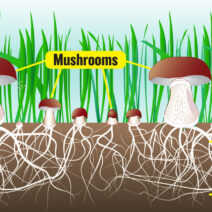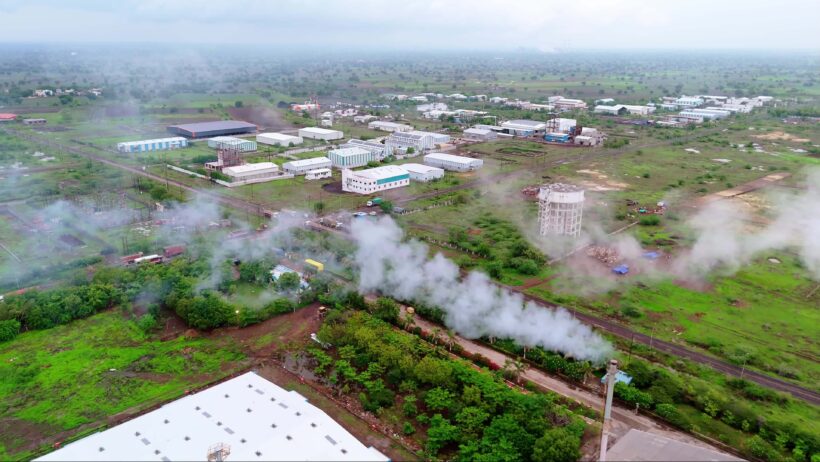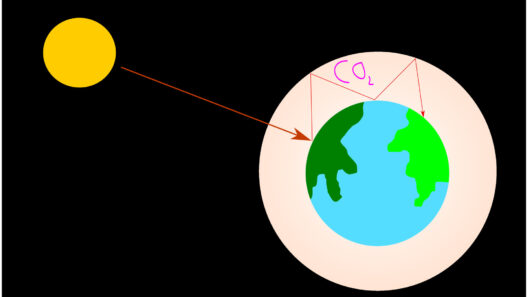As the planet grapples with the profound impacts of climate change, the role of gasoline in exacerbating global warming has become an increasingly pressing issue. For drivers, understanding how their fuel choices contribute to environmental degradation is essential, not only for personal accountability but also for fostering a collective response to this imminent crisis.
Gasoline, the ubiquitous fuel used by millions of vehicles, is derived from crude oil through a complex industrial process. This process entails exploration, extraction, refining, and distribution, each step generating greenhouse gases (GHGs) that trap heat in the atmosphere. When gasoline combusts in an engine, it releases carbon dioxide (CO2), a primary GHG, further intensifying the greenhouse effect that is responsible for global warming.
One might wonder: how does the use of gasoline relate to the global climate emergency? The answer lies in the interconnections between fossil fuel consumption, atmospheric CO2 concentrations, and rising global temperatures. For every gallon of gasoline burned, approximately 19.6 pounds of CO2 is emitted into the atmosphere. To put this in perspective, consider that transportation accounts for nearly 29% of total greenhouse gas emissions in the United States. The implications are staggering, as they underline the urgent need for substantial reductions in gasoline consumption.
While the use of gasoline has dominated the automotive landscape for over a century, alternative fuel sources are steadily gaining traction. Electric vehicles (EVs), biodiesel, and hydrogen fuel cells represent the promising frontiers of automotive innovation. EVs, for instance, offer a tantalizing glimpse into a future where individual transportation does not necessarily coincide with ecological degradation. By transitioning to renewable energy sources for electricity generation, the potential for emissions-free driving becomes an attainable reality.
Moreover, the principles of energy efficiency and fuel economy must not be overlooked. Drivers can make informed choices by selecting vehicles that are designed to minimize fuel consumption. Hybrid models, for instance, harness both gasoline and electric power, achieving higher miles per gallon (MPG) and reducing their carbon footprint in the process. By prioritizing fuel-efficient vehicles, consumers can play an active role in mitigating the environmental impacts of traditional gasoline-fueled cars.
Nonetheless, the journey toward reducing reliance on gasoline is fraught with obstacles. The fossil fuel industry has significant economic and political influence, often hindering renewable energy initiatives and promoting the status quo. As consumers, it is vital to foster awareness and advocate for policies that prioritize sustainability. This can include everything from supporting local legislation aimed at increasing renewable energy infrastructure to participating in community initiatives focused on reducing waste and conserving resources.
To truly grasp the magnitude of gasoline’s environmental implications, one must consider the broader context of climate science. The Intergovernmental Panel on Climate Change (IPCC) warns that global temperatures must not rise more than 1.5 degrees Celsius above pre-industrial levels to avoid catastrophic effects. Continuing to rely on fossil fuels, such as gasoline, jeopardizes this critical threshold. As the repercussions of climate change manifest through extreme weather events, rising sea levels, and biodiversity loss, the moral imperative to act becomes increasingly undeniable.
Each driver’s choice holds the potential to either propel us further into ecological decay or steer us toward a sustainable future. Promoting alternatives—such as carpooling, public transport, and even cycling—can significantly diminish gasoline consumption at the individual and community levels. These small, actionable steps aggregate into larger systemic changes that can reshape our transportation landscape.
Furthermore, awareness and education can ignite discussions around more complex issues, such as the concept of “carbon offsets.” By purchasing carbon credits or investing in projects that sequester carbon, individuals can take responsibility for their emissions. However, it is paramount to approach carbon offsets with caution; they should complement, not replace, genuine efforts to reduce fossil fuel dependency.
The promise of a sustainable future hinges not only on technological advancements but also on a cultural shift in how we perceive and use gasoline. Individuals—not just policymakers—play a critical role in advocating for change through informed consumer behavior. Shifting away from gasoline does not merely reduce emissions, but it also signals a larger movement toward environmental stewardship and responsibility.
Drivers must also recognize the potential economic benefits of reduced gasoline consumption. As demand for fossil fuels diminishes, there is potential for significant investment in clean energy technologies and job creation within the renewable sector. This transition can foster new industries while simultaneously combating the existential threat posed by climate change.
In this age of information, drivers have unprecedented access to resources that underline the urgency of addressing global warming. Online platforms, community workshops, and educational campaigns can galvanize public understanding and action. Engaging with these resources lays the groundwork for a more sustainable relationship with transportation.
In conclusion, understanding the intricate links between gasoline use and global warming is a crucial step for every driver. By acknowledging the environmental ramifications of our fuel choices and advocating for greener alternatives, we can reshape our transportation habits. This paradigm shift is not merely beneficial; it is essential for thwarting the devastating impacts of climate change. The time to act is now—every driver has the power to make choices that contribute to the health of our planet.






